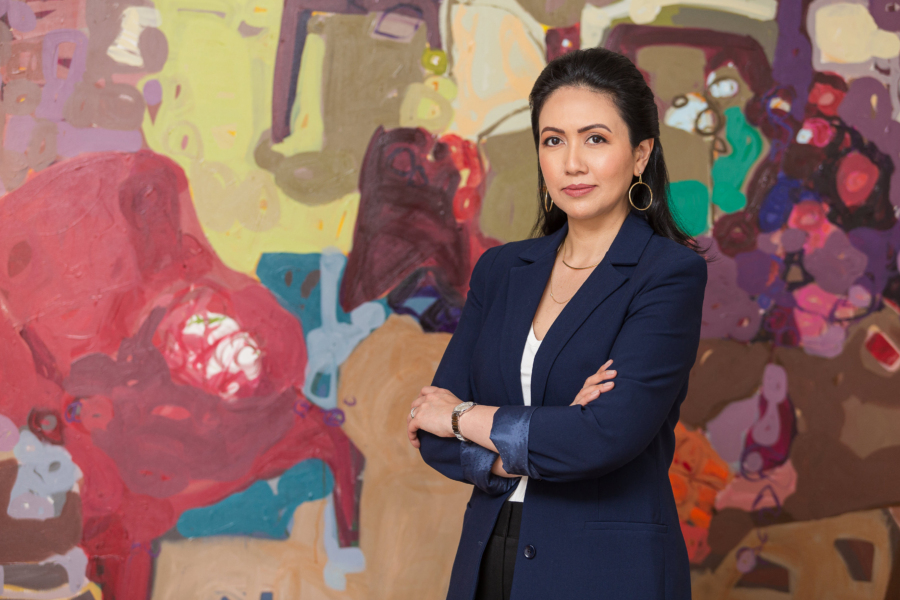
Pressured to seek greater prevention against reputational threats intrinsic to a hyperconnected society and with habits and behaviors capable of mobilizing public opinion quickly, Brazilian companies have evolved by strengthening the areas of compliance, corporate risks and reputation. However, corporations still lack a systemic view on the impact of the absence of a risk strategy on reputation management, warns the CEO of ANK Reputation, Anik Suzuki.
According to the consultant, there is also room to advance awareness, training and accountability of teams, she stated in an interview with the Crisis Communication Observatory (OBCC), a project integrated by researchers from Brazilian higher education institutions – UFSM, UFRGS, USP and Cásper Líbero – and Portuguese women – UMinho and UBI.
Anik warns that, in the daily lives of leaders, it is not uncommon for crises to be underestimated or complications to be overvalued. “In the first case, the losses can be enormous. And secondly, the costs”, he states.
Another topic discussed was the effect of overexposure of companies and people, a phenomenon related to the information society and hyperconnection. “The end of the border between public and private increases the possibility that organizations and public figures will be caught in their inconsistencies and inconsistencies”, he observes. “So, the best protection is to embrace truth, consistency, coherence, walk the talk in our positions.”
According to Anik, companies are more aware of the risks and effects of digital behaviors such as cancel culture. He assesses, however, that there is more caution among leaders and spokespeople, as well as managers of branded digital channels, to expose themselves, generating a loss of speed and pasteurized content communication.
“The best antidote to the moment we live in is to have a culture of strong reputation, that is, cultivating trusting, win-win relationships, and positioning yourself with clarity, consistency and recurrence”, he states. And he suggests: “if you don't tell your story, if you don't control your own narrative, if you don't give people the opportunity to know who you are, what you think and what you believe, someone will do it for you.”
• Click here to read the full interview.




